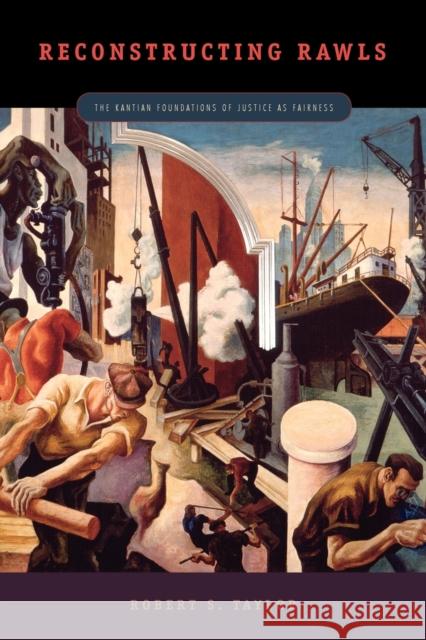Reconstructing Rawls: The Kantian Foundations of Justice as Fairness » książka
Reconstructing Rawls: The Kantian Foundations of Justice as Fairness
ISBN-13: 9780271037721 / Angielski / Miękka / 2012 / 360 str.
Reconstructing Rawls has one overarching goal: to reclaim Rawls for the Enlightenment--more specifically, the Prussian Enlightenment. Rawls's so-called political turn in the 1980s, motivated by a newfound interest in pluralism and the accommodation of difference, has been unhealthy for autonomy-based liberalism and has led liberalism more broadly toward cultural relativism, be it in the guise of liberal multiculturalism or critiques of cosmopolitan distributive-justice theories. Robert Taylor believes that it is time to redeem A Theory of Justice's implicit promise of a universalistic, comprehensive Kantian liberalism. Reconstructing Rawls on Kantian foundations leads to some unorthodox conclusions about justice as fairness, to be sure: for example, it yields a more civic-humanist reading of the priority of political liberty, a more Marxist reading of the priority of fair equality of opportunity, and a more ascetic or antimaterialist reading of the difference principle. It nonetheless leaves us with a theory that is still recognizably Rawlsian and reveals a previously untraveled road out of Theory--a road very different from the one Rawls himself ultimately followed.











